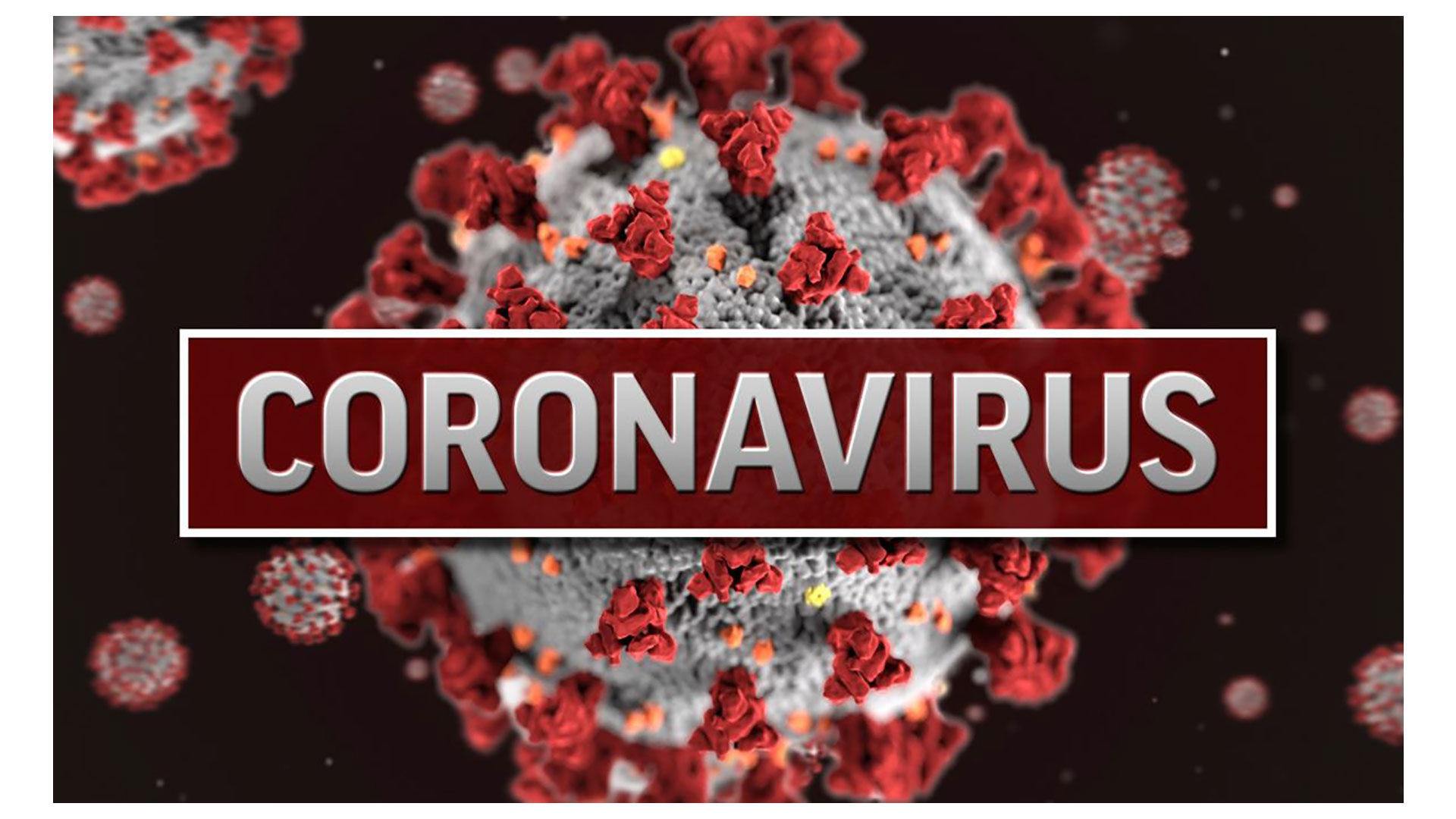What is a Colonoscopy Screening? | Colonoscopy Facts
What is a Colonoscopy?
A colonoscopy is a procedure used by a physician, typically a gastroenterologist, to examine the colon. During the process, the doctor will look for possible GI disorders such as colon polyps, colorectal cancer, inflammatory bowel disease, bleeding, and other conditions. This technique allows the physician to take images of anything abnormal and remove lesions during the same examination.
When To get a Colonoscopy
If you’re 45 or older, talk to your primary care provider and check with your insurance provider about getting screened for colon cancer. It is recommended that after age 45 this screening be conducted every 10 years. If polyps are found during your first examination, you should get a screening every 3 years.
If you have family history of colon cancer or polyps in a first-degree relative, it is recommended that you should have your first colon exam at either age 40 or 10 years younger than the age of your relative’s diagnosis. Exams should be repeated every 5 years after the first exam.
It also does not matter based on gender. Your lifetime risk (defined as life to 85 years old) is approximately 6% male or female, according to the American College of Gastroenterology.
How to Prepare for a Colonoscopy
A clean colon is essential for the physician to do an accurate examination for polyps or other abnormalities. The most popular Colonoscopy preparation method used involves drinking polyethylene glycol (PEG). It is odorless, tasteless, and is mixed with certain clear liquids. PEG is to be drank along with other clear liquids the day before the scheduled procedure. Doctors will often times prescribe a laxative pill for the patient to take before going to bed the night before.
Your physician will discuss with you your options and advise the best preparation method for you.
How to Schedule a Colonoscopy
To schedule a colonoscopy, you should speak to your primary care physician and insurance provider. Start the conversation with your doctor today to get an appointment with one of the Baptist Health gastroenterologists. If you do not have a primary care provider, request an appointment with one of ours!
To learn more about colonoscopies and colorectal cancer prevention, read Colorectal Cancer Q&A by Baptist Health gastroenterologist Dr. Paul Williams.
















